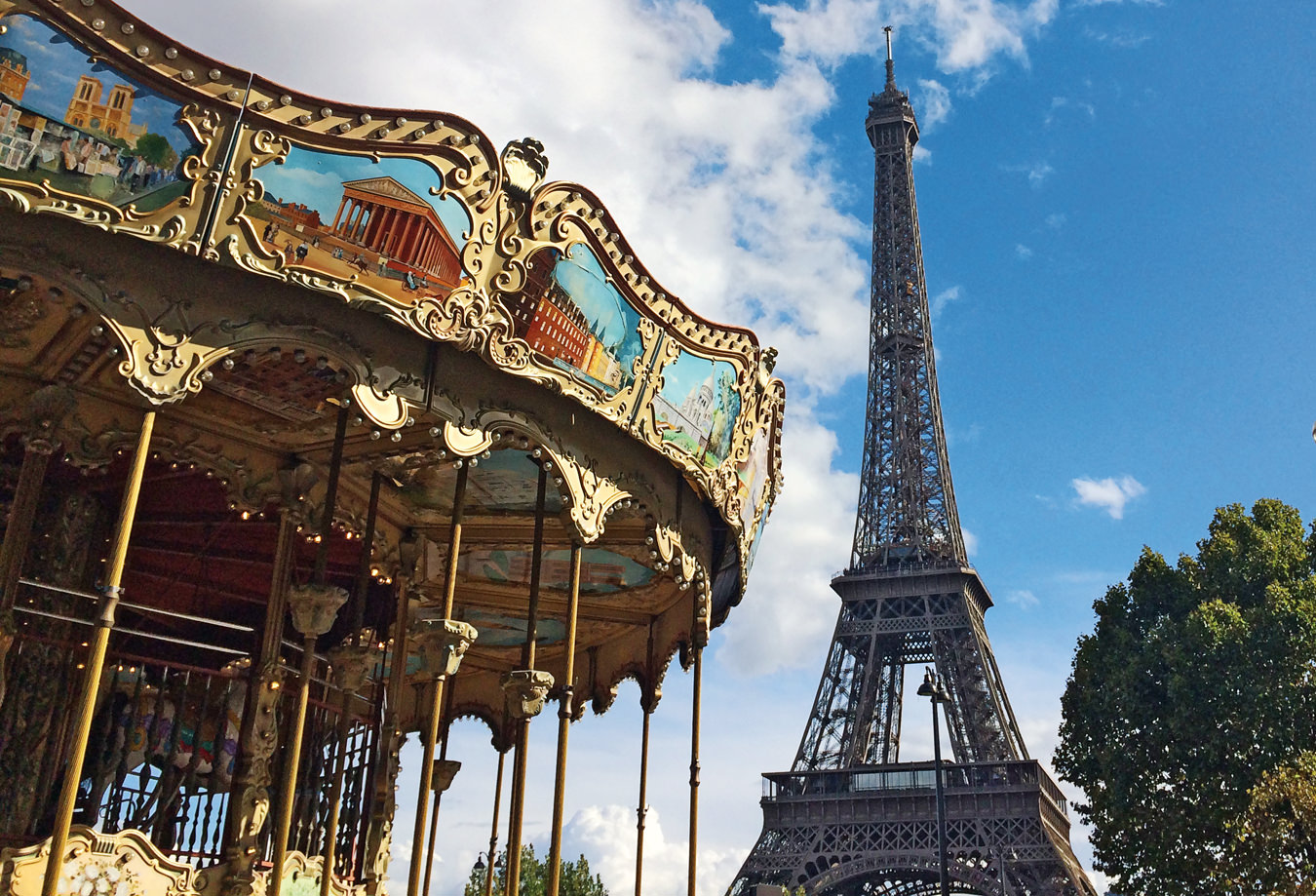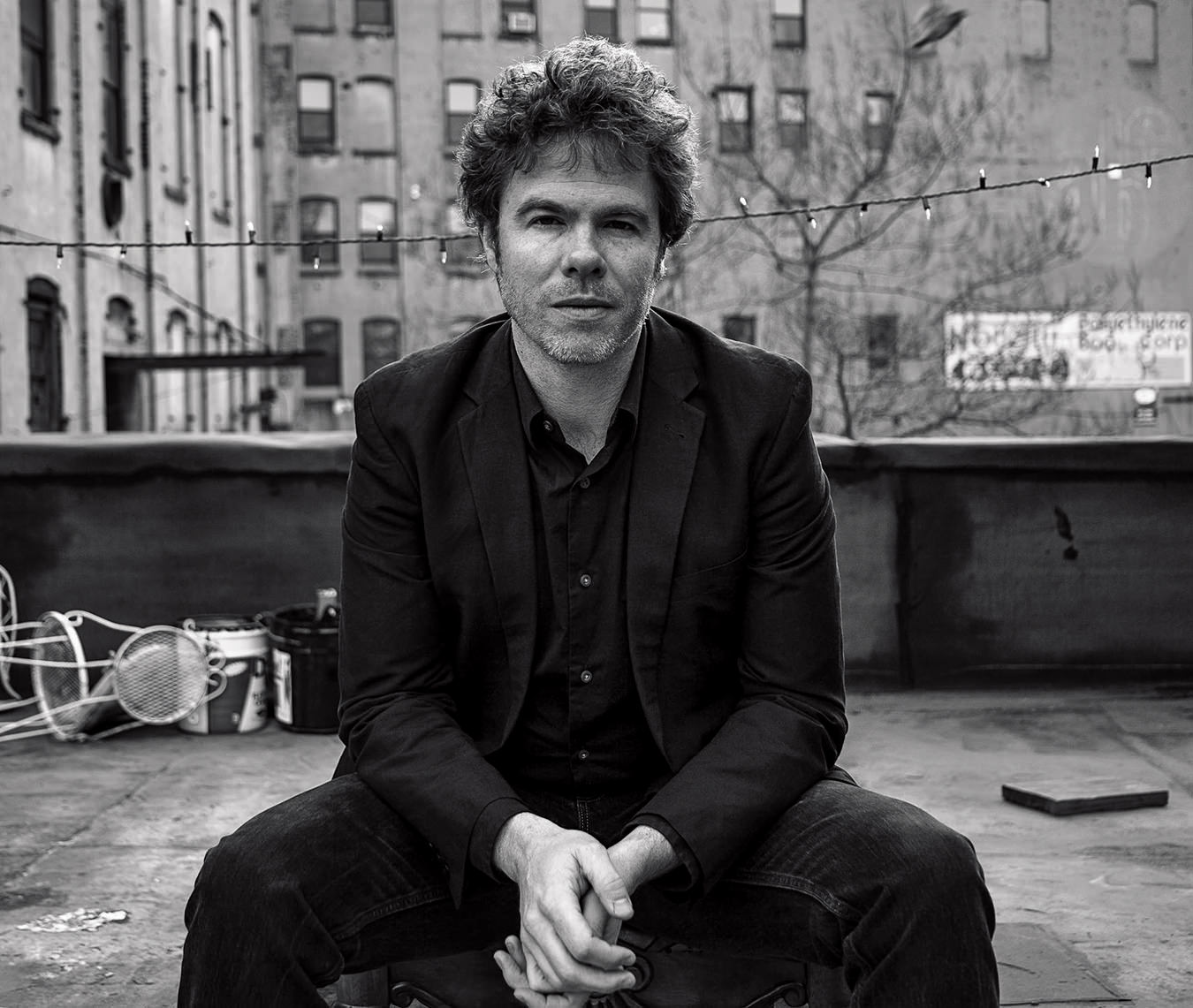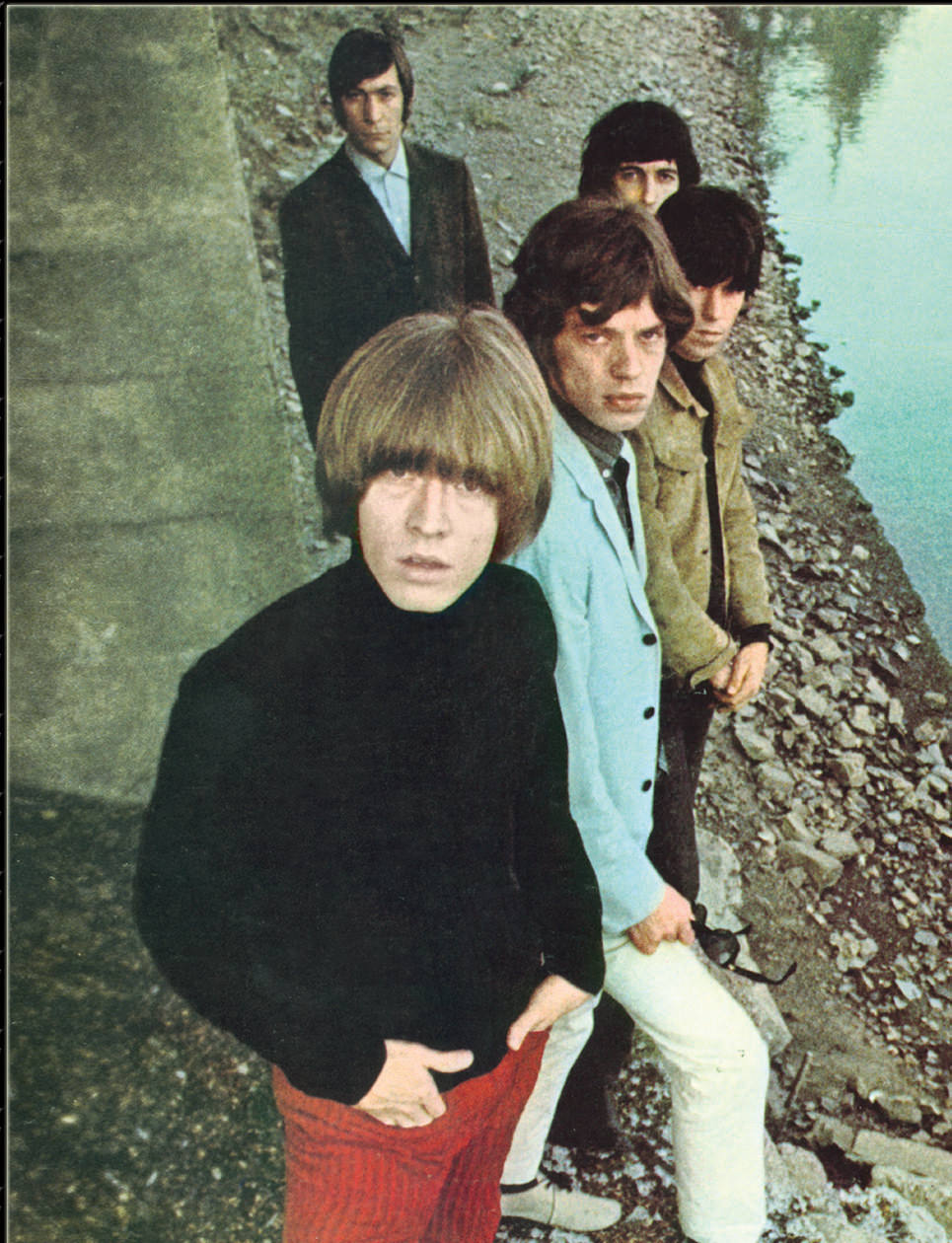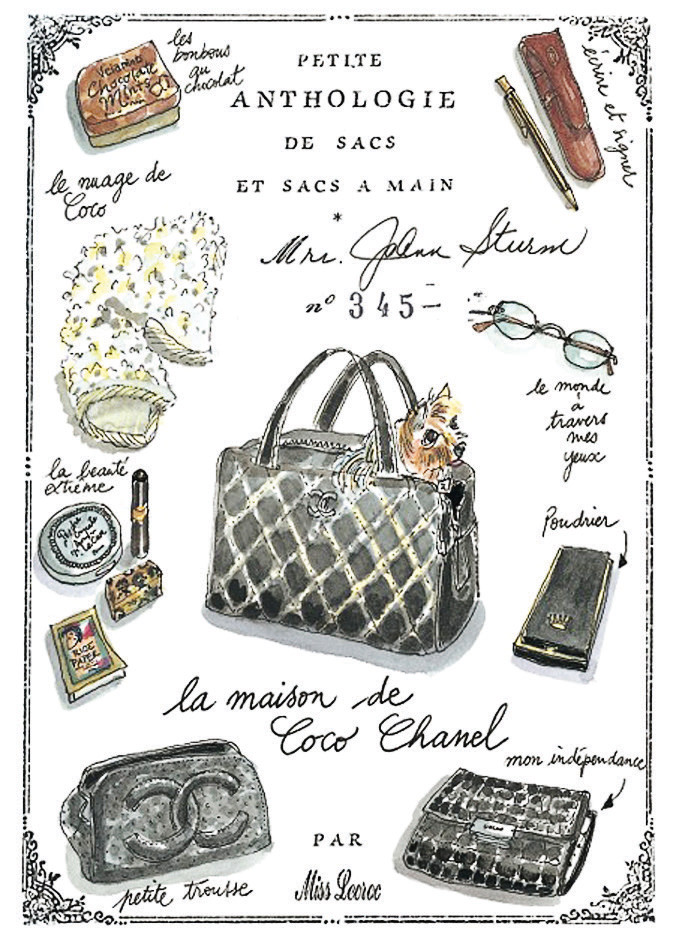Melodies of Patriotism
Vive la France.

Sunday afternoon in La Chope des Puces in the north of Paris. At the crowded bar stands a couple, not especially young, not especially slim, him behind her, hands roaming over her shoulders, the two swaying as one to the music from a pair of jazz guitarists. In fact, the whole crowd is swaying. Flashback to a village on a warm June evening. The communal meal over, wine bottles emptied, multicoloured lights strung through the plain trees, the music getting into its stride. In the square: couples, little kids up way past their bedtime, elderly widows dancing together in dark-printed frocks. These two scenarios are summed up by the opening chords of Georges Brassens’s “Les Copains d’Abord”—“Friends First”, a song about amity that is little known outside of France. Curiously, it has evaded the radar of global taste that embraces Italian opera, German lieder, Jamaican reggae, but especially loses its heart to the wealth of popular songs and singers that, in the western world, is part of our collective DNA.
French chansons are the soundtracks to our most romantic fantasies, which may explain why so many songs we sing have Gallic roots. “The Impossible Dream (The Quest)”, “My Way”, Canadian singer Terry Jacks’s worldwide hit, “Seasons in the Sun”—all are French, although often they shapeshift as they morph from one language to another. While definitely more bouncy, Bobby Darin’s sixties mega-hit “Beyond the Sea” lacked the languor of its original, “La Mer”, a picture in words and music of slow-rolling spangled turquoise waves on a white-hot July day. Its composer, Charles Trenet, knew his subject: the sandy beach near his hometown of Narbonne, a stretch of Mediterranean coast uniquely rich in song. Less than an hour northeast, in Sète, Brassens set his and others’ poems to music, capturing the daily minutiae of mid-20th-century French life, its park benches, its bistro owners. Born in Montpellier, his near-neighbour Juliette Gréco was a famed chanteuse and international fashion icon whose fringed dark hair and black turtleneck sweater captured the smoky Left Bank clubs, Sartre, and existentialism.
The essence of all that makes life appealing, and now part of the English language, “La Vie en Rose” is synonymous with Édith Piaf, une vraie Parisienne to the depth of her tiny, sparrow-like bones. The chagrin expressed in her songs is poignant and piquant; see how many French words we already have in our vocabularies? Not all bons mots cross the linguistic channel as easily. Herbert Kretzmer, translator of lyrics for Les Misérables, admits his French is “wretched”, saying he opted for sense over word-for-word adaptation. Wisely so. The saltiness of Parisian street argot can lose its savour, and even the deftest chorus might find it a challenge to sing: “Come fill your heart with the wine of rebellion.”
But just as some words lose in translation, not every French star is a household name outside France. He may have sold 80 million albums during his 55-year career, but Johnny Hallyday, “the French Elvis”, is “Johnny Who?” to most non-francophones. Moreover, like the half-Belgian Hallyday, not all “French” singers are 100 per cent French. Also in the top rank, Joe Dassin was born in New York. “Joe Who?” Consider this: his contagious “Les Champs-Élysées”, a story of chance meeting, rapturous night, and joyful morning set in Paris, is arguably as well-known—in France—as “La Marseillaise”. More non-French singers? Roaring Twenties performer Josephine Baker came from Missouri, Jacques Brel from Belgium, and even Charles Aznavour, still singing in his 90s, is of Armenian stock.
What is authentically French is what goes on in French songs, which often chronicle the everyday, even the mundane, in a uniquely Gallic way. Brassens sang about his parents’ wedding, and a parish scandal involving a priest and a fallen daisy; Brel wrote of the cradleless bedroom of long-time lovers. These concepts might work in English adaptations, or might not, but it is hard to say the same for Joe Dassin’s sugar-sweet ditty, “Le Petit Pain au Chocolat”, about how a stronger eyewear prescription brings love to a myopic pastry buyer. Outside of the country and western genre, snapshots of simple lives are rarer in Anglo song. Quebec singers often span both cultures with iconic chanteuse La Bolduc combining real life and romance, in a hit song about a domestic servant, as far back as 1929, and Gilles Vigneault’s nostalgic “Mon Pays”, the Canadian counterpart of Jacques Brel’s exquisite “Il Neige Sur Liège”, the softest of snowfalls captured in song (although, to be honest, it was actually written about Belgium).
That makes it a rarity, and songs about Brussels or Bruges are equally few, but there is a magic about France, and especially its capital, that fuels the imagination. Other cities may have inspired lyricists, but Google “songs about …” and you open the door to a pantheon as immense as, well, the Pantheon. Imagine titles like “Under the Bridges of London” or “Under Toronto Skies”. A little lacking in romance, non? Until you replace those cities’ names with “Paris”.
Photo by Katie Nanton.
Listen to our French Chansons playlist, here.




